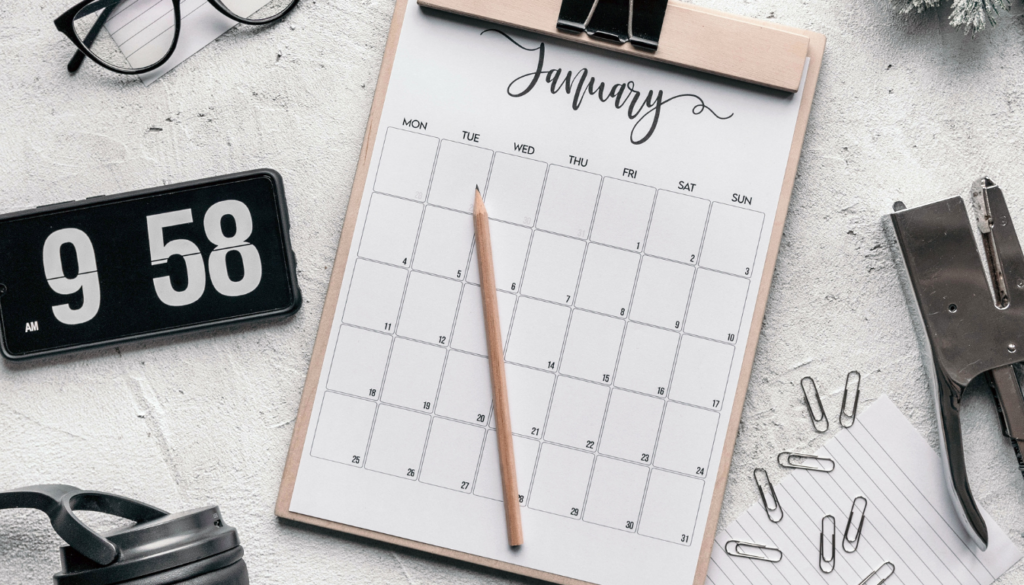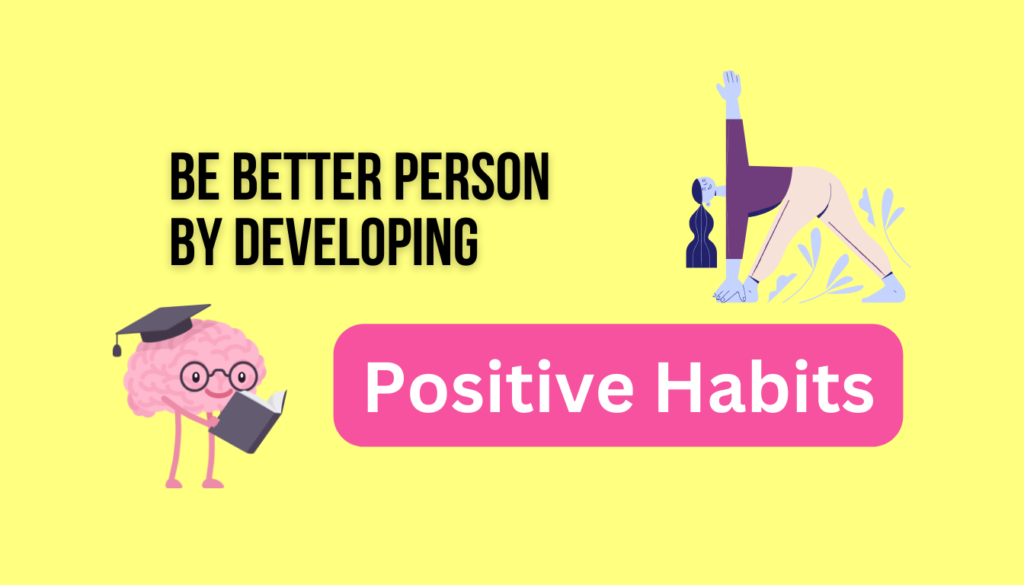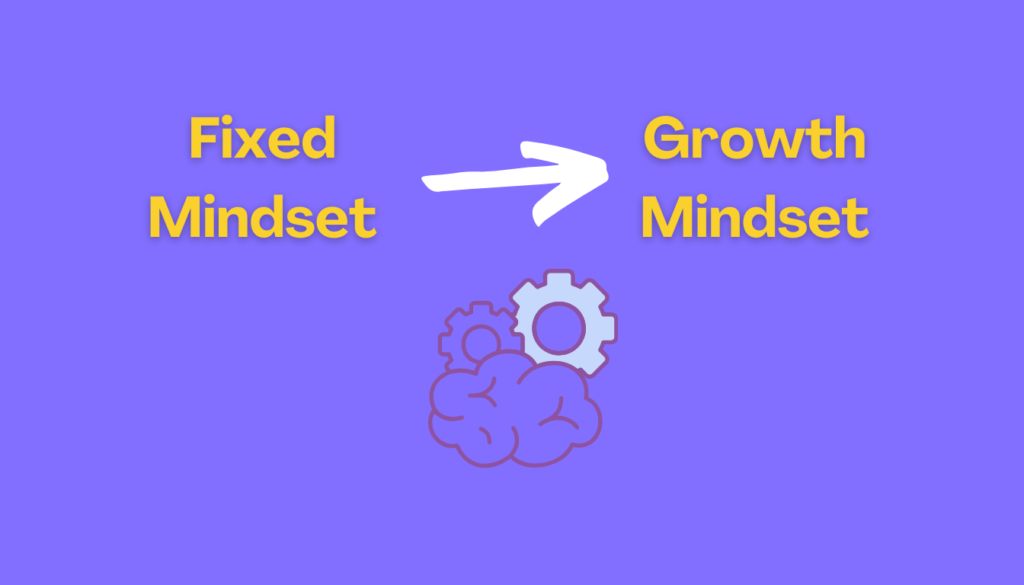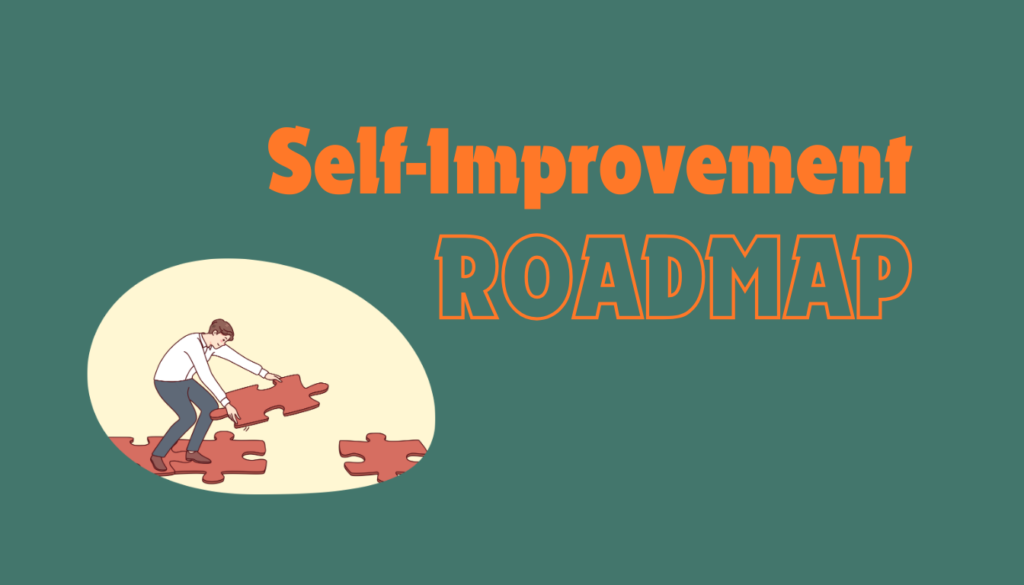In our world today, managing time well is super important, especially with how work is changing.
Many of us are working in different places and doing many things at once. This can lead to a lot of time being wasted.
Did you know, the average worker gets interrupted over 50 times a day? But, guess what? You can learn a few tricks to get more done and have time for yourself too.
Ready to become a time management pro? This guide will give you ten tips to help.
Productivity hacks like prioritizing tasks, eliminating distractions, and effective scheduling can make a big difference.
We will show you how to use these tools and strategies to take charge of each day. By following our advice, you could reach your goals, both at work and in life.
Understanding Time Management

The term “Time Management” is a bit off. We can’t really control time itself. But we sure can handle the stuff we do in our days.
You know, we all only get 24 hours to do everything we need to. So, how we deal with this time management definition is key.
It’s all about knowing ourselves, making plans, checking how things go, and staying disciplined.
Time is precious and runs out quick, so we must use it smartly and be careful how we spend it. Folks good at time management techniques get a lot more done.
They have more energy, feel happier, and get along better with others. They feel proud of what they achieve.
So, why is time management so darn important?
Well, it lets us be the boss of our days.
When we learn how to manage our time well, we can pick what’s most important to do, cut out things that don’t really matter, and focus on what really counts.
This can bring a bunch of benefits of effective time management. Like, we might get more done, be less stressed, and find a better balance between our work and everything else.
Analyze How You Spend Your Time
A time log is a great way to understand your day. You jot down what you do every 15 minutes for a week or two.
This shows if you’re doing what you should, what eats up your time, and when you work best. This tracking helps you plan better.
Knowing what takes up most of your time is important. It helps see if you’re working on what really matters.
Also, it lets you plan better by knowing how long common tasks take. This careful checkup helps you make smarter choices about your time.
Prioritize Tasks Effectively
Managing our time well means knowing what’s important and what’s urgent. Most important tasks are not urgent. But, we often focus more on urgent things.
The Eisenhower Matrix helps to sort tasks. It puts them into four groups: urgent and important, not urgent but important, urgent but not important, and not urgent and not important.
Tasks that are both urgent and important need to be done. The matrix suggests spending less time on not important tasks.
This can give us more time for not urgent but important tasks. Focusing on these can help us control our time. It might also stop important tasks from becoming urgent.
- Identify your important tasks using the Eisenhower Matrix.
- Prioritize your important tasks, even if they are not urgent.
- Delegate or eliminate non-important tasks to free up time for important activities.
Good task prioritization is key. It uses the time management matrix. It helps us focus on what’s truly important.
By understanding importance and urgency, we can take charge of our time. We can focus on what matters most.
How to Improve Time Management Skills
To get better at managing our time, experts suggest using certain strategies. Let’s take a look at them:
- Practice Time Blocking: Break your day into parts for different tasks. This helps do important things first without getting distracted.
- Prioritize Tasks: Decide which tasks are most important using the Eisenhower Matrix. Focus on tasks that are crucial but not urgent.
- Eliminate Time-Wasters: Find and cut out things that waste your time. Things like too much on social media, too many meetings, or avoiding tough jobs.
- Delegate and Outsource: Give away tasks that others can do. This frees you to work on what’s most important and helps you balance work and life better.
- Take Breaks: Don’t forget to take regular breaks. They help you refresh, avoid getting tired, and stay productive.
By using these methods, you can get more done, feel less stressed, and find a better balance between work and life.
Use Planning Tools

Time experts say using personal planning tools helps you work better.
These tools are like planners, digital calendars, phone apps, and more. They let you write down tasks and schedules so you can stay focused on what’s important.
It’s important to use your planning tool well. Make sure to write everything in it, check it everyday, and sync it with all your devices.
Also, back up your info. Different apps, like time trackers and task managers, can make you better at managing your time.
Adding a planning tool to your day helps you use your time better. You’ll keep up with deadlines and spend your energy on important things.
Try different time management apps and tools to see which you like best. This will help you meet your own needs and likes.
Get Organized
Disorganization can make time management hard. Clutter upsets our mind. To get better, clean up your work area. Use three boxes for stuff: “Keep,” “Give Away,” and “Toss.”
Then, deal with emails better. Use folders, flags, or colors. These steps cut down on distractions.
Schedule Strategically
Being good at planning means knowing our best times for work. We use a log to see when we’re most awake and ready to go.
Save your top tasks for these times, and make time for important things first, without delay.
Put easier tasks in your free moments, like waiting in line. Don’t plan every minute of your day. Leave room for fun and thinking up new ideas.
For time blocking, scheduling, and productivity scheduling, get to know when you shine. Organizing your day well can do a lot for how much you get done and find time for fun.
Delegate and Outsource
Delegating tasks to others lets you focus on important work. Identify tasks that can be assigned to someone else with the appropriate skills, experience, and authority.
Give clear instructions but let them add their touch. Follow up now and then. Help if they need it.
Outsourcing tasks like mowing the lawn or cleaning sees more free time. Time-saving help for big projects is often a good investment.
Overcome Procrastination

We all face procrastination at some point. Tasks can seem too big or not fun.
To fight it and better manage time, experts say to tackle the hard stuff first. This is known as the “eat the big frog first” approach. Getting the toughest task done early can make the day easier.
Another good way is to break big tasks into smaller ones. This makes them easier to manage. By completing smaller steps first, you get momentum to beat procrastination.
Also, rewarding yourself after finishing a task helps to keep you going. It fights off laziness and keeps you on track.
Manage Time-Wasters
To manage our time well and stop distractions, we must find and cut things that waste time.
We can beat this by setting plans to get rid of time-wasters, handle digital interruptions, and boost attention and staying focused. This helps us take charge of our time and do work that means a lot.
Spending too much time on social media and the internet is a big time-wasting problem.
We can fix this by choosing how much time we spend online for fun, turning off alerts, and limiting our use of sites or apps that suck up our time when we need to focus on work.
- Focus more by setting aside solid chunks of time without distractions to work on key jobs.
- Avoid doing many tasks at once, which can mess up your focus and slow you down.
- Deal with emails better by answering them all at specific times rather than all day long.
We also need to watch out for things at our workspace that can get in the way of working well. This could mean too much mess, lots of people interrupting, or loud noises.
Keeping your work area tidy and saying when you can talk, can boost focus and attention. Doing this lets us use our time wisely.
Using these plans to cut out time-wasters and handle digital distractions puts us back in control of our time. We can then fully focus on important tasks.
This will make us more productive and effective at what we do.
Learn to Say No
Everyone has only so much energy each day. It’s key to know when to say no to things not on top of our list.
We should know what we’re good at and what we’re not. Then, be ready to say no politely to things not right for us or tasks we can’t do.
Focusing on our strengths and saying no to the rest helps a lot. It keeps us from being overwhelmed or too tired. This way, we keep a good balance between work and life.
Conclusion
Time management is super important in today’s quick world. We face lots of demands and things that distract us.
By using the 10 tips in this article, we can get better at managing time. This will help us work smarter, be more productive, and find balance in our life.
Tips like sorting out what’s most important, using tools to plan, and cutting down on things that waste time are key. They will help us reach both work and personal goals.
Getting good at managing time leads to less stress, more efficiency, and a happier life.
Good time management doesn’t mean working harder. It means working in a smart way.
By following these time-tested methods, we can fully use our skills and time. This leads to better productivity and enjoying life more.





